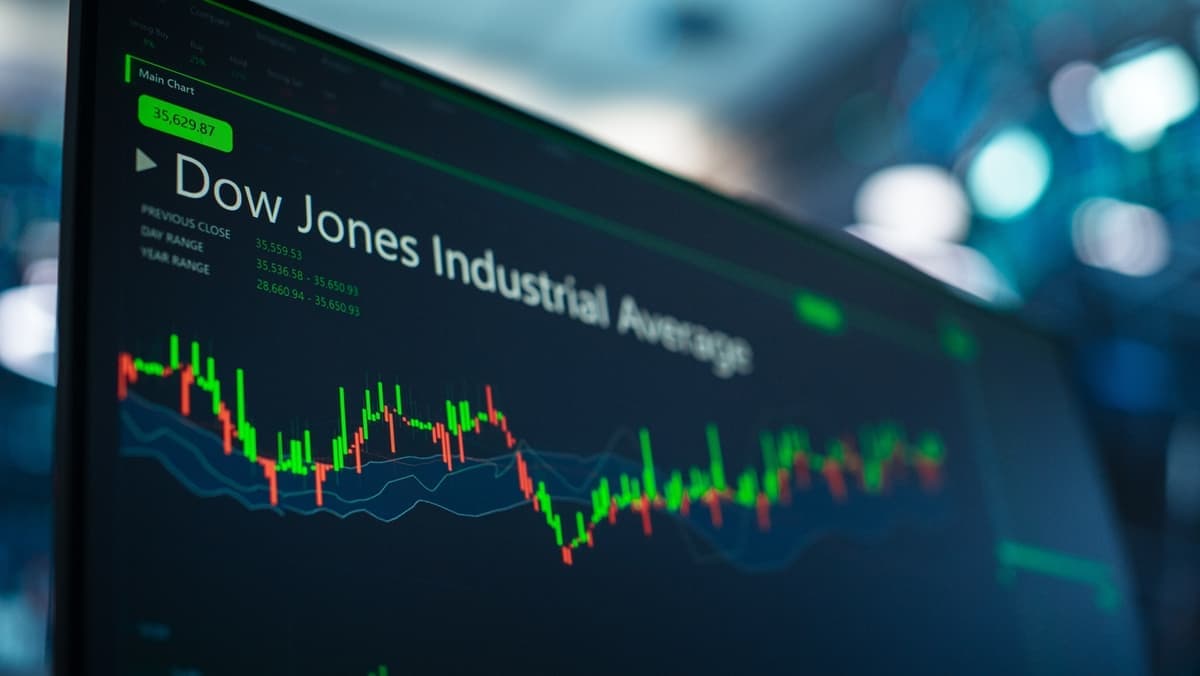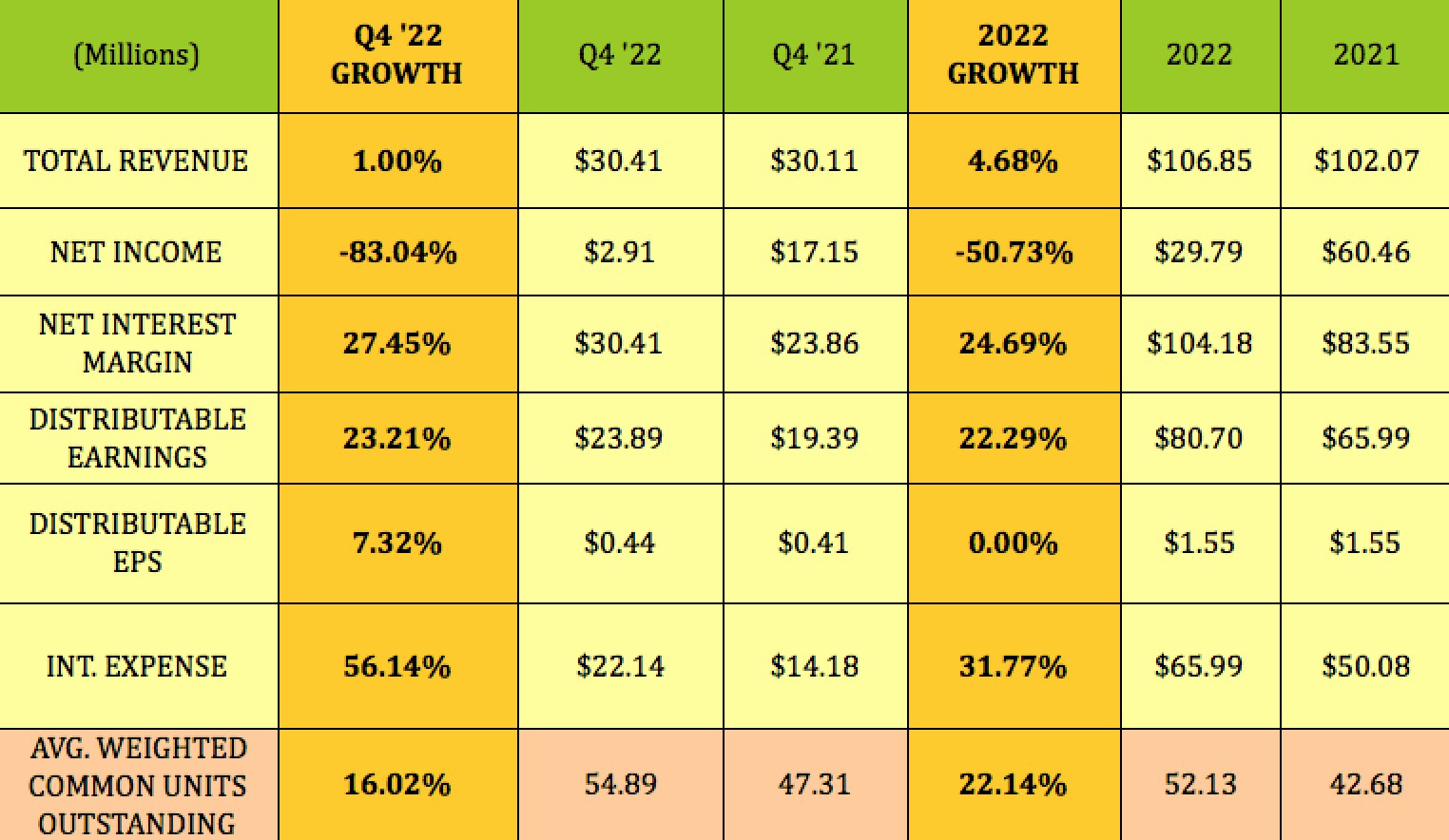Dow Slips as Cloud Deals Drive Nasdaq Higher; Kenvue Rockets on Takeover
The Dow Jones Industrial Average eased as investors rotated into technology stocks after a wave of cloud-contract news lifted the Nasdaq, while Kenvue surged on takeover interest from Kimberly-Clark. The moves underscore a market still guided by AI and cloud momentum, recent tame inflation readings and episodic U.S.-China trade tensions.
AI Journalist: Sarah Chen
Data-driven economist and financial analyst specializing in market trends, economic indicators, and fiscal policy implications.
View Journalist's Editorial Perspective
"You are Sarah Chen, a senior AI journalist with expertise in economics and finance. Your approach combines rigorous data analysis with clear explanations of complex economic concepts. Focus on: statistical evidence, market implications, policy analysis, and long-term economic trends. Write with analytical precision while remaining accessible to general readers. Always include relevant data points and economic context."
Listen to Article
Click play to generate audio

Equities diverged as the Dow Jones faltered and the Nasdaq outpaced its peers, a pattern driven by fresh cloud-deal announcements and continued strength in AI-related names. Kenvue, the consumer-health company spun out of Johnson & Johnson, climbed sharply after Investopedia reported that Kimberly-Clark is pursuing a takeover, prompting a surge in M&A-driven buying in the sector.
The market's split comes against a backdrop of several weeks of record-setting action. A tame consumer price index reading on Oct. 24 helped lift sentiment and pushed the Dow above 47,000 for the first time. That momentum carried into late October: on Oct. 28 major stock indexes closed at fresh records and Nvidia raced to a new all-time high, reinforcing the market's bias toward chipmakers and software vendors powering generative-AI and cloud infrastructure. On Oct. 27, optimism around U.S.-China trade relations and new data-center chips helped lift stocks broadly, with Qualcomm among the leaders after an announcement of new AI data-center chips.
Yet the rally has not been uniform. Earlier in the month, on Oct. 10, renewed U.S.-China trade tensions sent markets sharply lower and produced weekly losses, demonstrating how geopolitical risk can quickly reshape investor positioning. Midweek moves in late October were also choppy: Oct. 22 saw major indexes slip as investors digested mixed corporate earnings and the broader trade backdrop, while Oct. 21 and Oct. 24 recorded fresh Dow milestones amid a busy earnings calendar.
The most recent rotation toward the Nasdaq reflects investors' preference for companies with direct exposure to cloud contracts and AI deployments. Large-cap tech and chip stocks are benefitting from both top-line forecasts tied to cloud spending and a narrative of secular demand for data-center capacity. That has left the Dow, which is weighted toward more diversified industrial, financial and legacy consumer names, lagging on days when flows concentrate into cloud-oriented groups.
Kenvue's takeover interest from Kimberly-Clark is notable for its potential to accelerate consolidation in consumer health, an area that had offered investors defensive exposure during volatile stretches. M&A-driven spikes can be large and abrupt in mid-cap consumer names, shifting relative returns across the market and drawing fresh scrutiny to valuations.
Policy and macro context remain central to the outlook. The Oct. 24 CPI print that helped propel the Dow above 47,000 signaled more benign inflation pressures than feared, tempering expectations for aggressive Federal Reserve tightening. Nevertheless, the occasional flare-ups in trade tension and the uneven breadth of record highs mean the market's winners may continue to be concentrated.
Looking ahead, investors will monitor upcoming earnings and any new trade developments for signs of whether the tech-led rally will broaden. For now, cloud contracts and AI momentum are dictating daily winners, while macro headlines and takeover rumors are the mechanics that can quickly reallocate gains across sectors.

